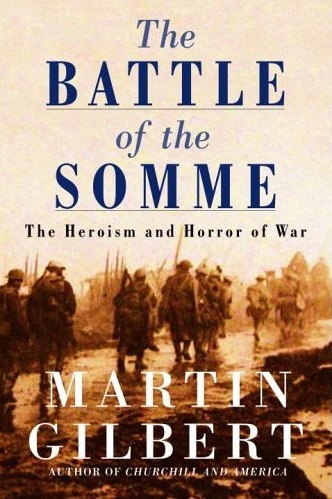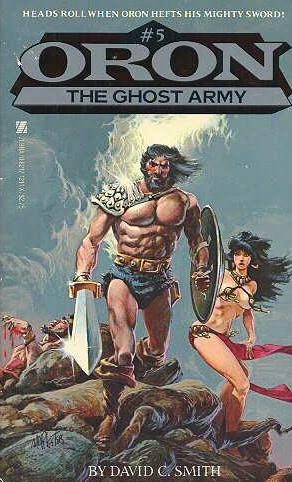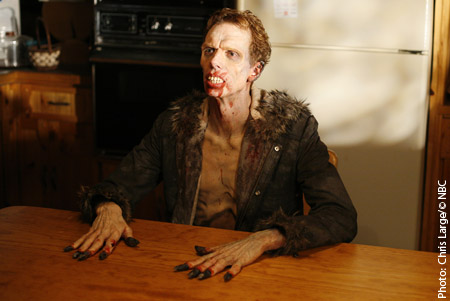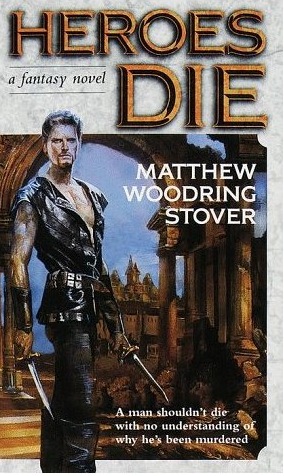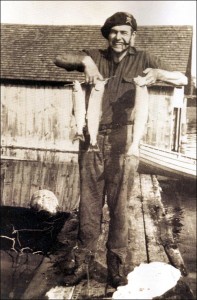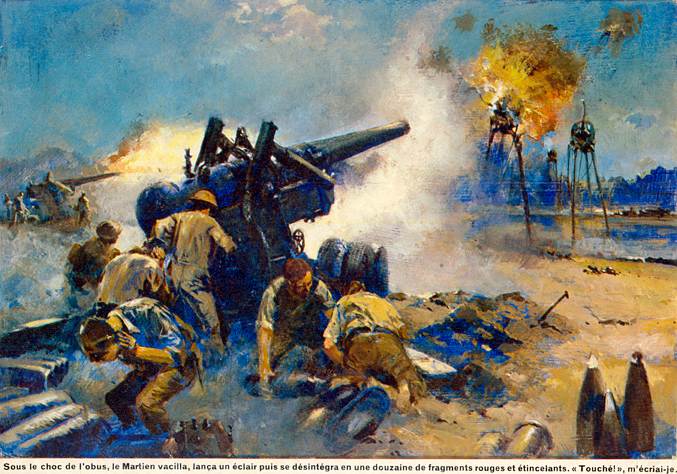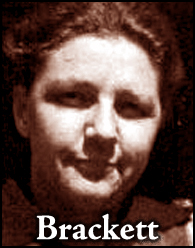All Disquiet on the Western Front
Saturday, August 30, 2008
posted by Steve Tompkins
In an earlier post I jokingly mentioned historian Martin Gilbert, who in addition to his titanic biography of a titan has written often about the Holocaust and the First and Second World Wars. In 2006 he published a book about the Somme, with Verdun one of the two 1916 Golgothas where, after the preliminaries of 1914 and 1915, Western civilization industriously and industrially set about killing itself.
By now even those who know or care to know little about J. R. R. Tolkien and The Lord of the Rings are probably aware that in creating the Dead Marshes through which Frodo, Sam, and Gollum pass he was sharing something of his experiences at the Somme: enduring fantasy crafted from nigh-unendurable reality. In an August 25 article, Gilbert recalls Tolkien sharing more of those experiences not in print but in person:
J.R.R. Tolkien and the Somme were inextricably linked. I learned this forty-four years ago, shortly after I was elected to my first university appointment, at Merton College, Oxford. I was twenty-six years old.
In those days there was a strict seating order at college dinners. The head of the college sat in the centre, the senior fellows on either side of him, and the junior fellows at the far ends of the table. Also at the ends were the Emeritus Fellows, long retired, venerable, sometimes garrulous guardians of the college name. Several of them had served in the First World War. When they discovered a historian, new to his craft, filled with the keenness of a youngster amid his elders, they were happy to talk about those distant days, already more than forty years in the past.
Some enjoyed singing the songs of the trenches, in versions far ruder than those sung today. Tolkien was more reticent, yet when he did open up, full of terrible tales. There was never any boasting. The war’s scars were too many, its reality too grim, to lead to self-glorification, or even to embellishment.
In 1916, the twenty-four-year-old Tolkien was a 2nd Lieutenant in the Lancashire Fusiliers. On the evening of July 14 — two weeks after the start of the Battle of the Somme — his battalion went into the line. He had never seen action before. What he later called the “animal horror” of the trenches was as yet unknown to him. But he already knew that one of his closest friends, Robert Gilson, had been killed on the first day.

